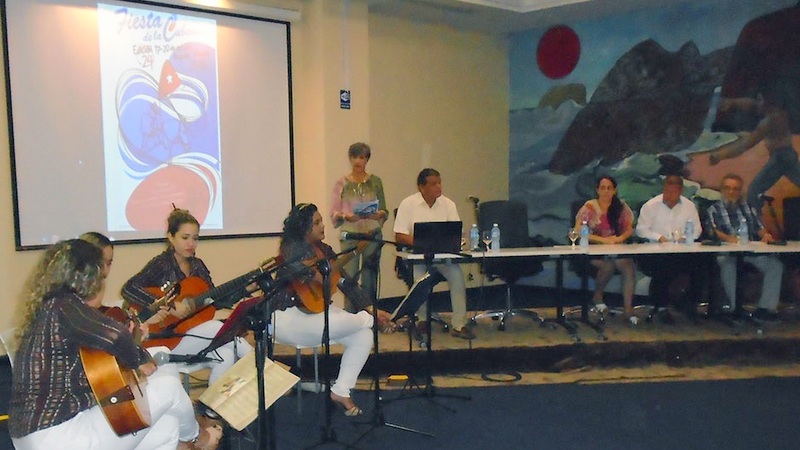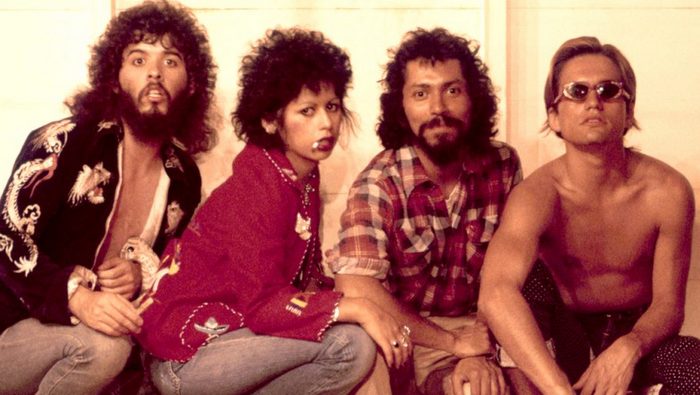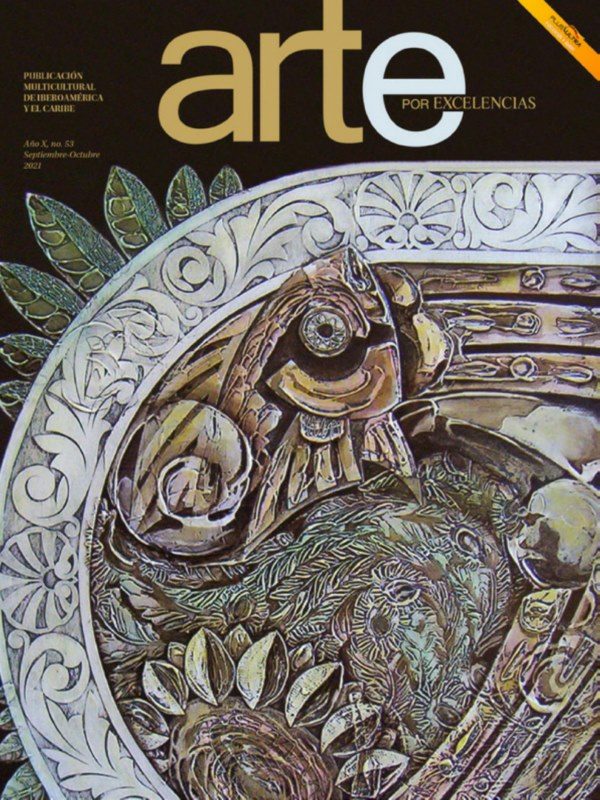As part of the celebrations for the anniversaries 150 of the beginning of the wars for independence-October 10, 1868-and the interpretation of the Anthem of Bayamo-October 20, 1868- in that city, capital of the province of Granma, between October 17 and 20, will take place the twenty-fourth edition of the Fiesta de la Cubanía, as reported in a press conference held at the Havana Libre Hotel in the Cuban capital and chaired by Yordán Roberto León Rodríguez, provincial director of Culture; Damiana Pérez Figueredo, director of the House of Cuban Nationality; Jesús Gómez Cairo, director of the National Museum of Music; and Edgardo Hinginio Rodríguez Fonseca, head of the Department of Cultural Communication of the CPS of Granma.
Other motivations for the Fiesta de la Cubanía this year are the declaration by Unesco of the Cuban punto as Intangible Cultural Heritage of Humanity and the 40th anniversary of the creation of the Culture Houses system.The event will feature guests such as Eusebio Leal Spengler, historian of Havana; Eduardo Torres Cuevas, president of the Academy of History of Cuba; Yoel Cordovi, vice president of the Institute of History of Cuba; Ana Sánchez Collazo, director of the Marti Studies Center; and Olga Portuondo Zúñiga, historian of the city of Santiago de Cuba.
Already confirmed their participation in the Fiesta de la Cubanía, the Buena fe duo - in charge of the oppening concert -, the Ballet of Camaguey, Eliades Ochoa and the Patria quartet, the orchestra NG la Banda, Manzanillo Original, El Niño y la verdad and Cándido Fabré and his band, Moncada Band, Rumbatá and Ópera de la Calle. Among the main areas where the public can go to enjoy the vast program of activities are the 1868 Provincial Library, the Casa de la Trova, the Visual Arts Development Center, the Cespedes Cinema and the Ventana Sur Cultural Communication Center.
As every year, the House of Cuban Nationality hosts "a new chapter of the theoretical event Crisol of Cuban Nationality, a transcendent space for reflection and confluence of writers, intellectuals and researchers, who disseminate on culture, identity and nation, going into their contemporary complexities, relationships and perspectives ». Likewise, in order to preserve and disseminate the practice of organ music, the event "Lord of the ground music" will be held, with the assistance of the most representative organ groups in the eastern region of the country.
"One hundred tons of Son" is an invitation made by the organizers so that in the city of Bayamo some of the most important dance music orchestras of the Island can be gathered. Lovers of good Cuban popular music have this treat, sponsored by the Provincial Company Commercialized of Music and the show Sindo Garay, an excellent opportunity to enjoy groups of first level of our country.
But not only the most contemporary sounds of Cuban music will take place. In those days the National Festival of the Danzón will have its fifth edition, with the participation of sixteen couples from all the Cuban provinces. In this celebration "our national dance is revitalized and disseminated, encouraging children and young people, adolescents and adults to know this genre and keep it alive for future generations".
The Teatrón is another of the traditional spaces of the Fiesta de la Cubanía, with comedians from all over Cuba who, with unipersonal and collective artistic performances, will perform in the José Joaquín Palma Theater Park. "The good art of laughter is received with the performances of artists from the Promoting Humor Center, where the winners of the main prizes of Cuban humor stand out, among them the Aquelarre", as is the case of the Caricare duo from Holguin.
The National Music Award Pancho Amat will host the "Son con tres" space, which will bring together concerts, lectures and master classes to virtuous performers of the tres, that musical instrument that is Cultural Heritage of the Cuban Nation.
As the call says, the celebrations for the Day of Cuban Culture -20 of October- constitute the most important event of the culture in Granma and one of the most important in the country. It begins with the commemoration of the cry of independence shouted by Carlos Manuel de Céspedes in La Demajagua, and concludes with the remembrance of the interpretation, for the first time, of La Bayamesa, today the National Anthem of the Republic of Cuba.
Related Publications

Zero 10 at Art Basel Miami Beach: A New Space for the Digital Era of Art
December 03, 2025













